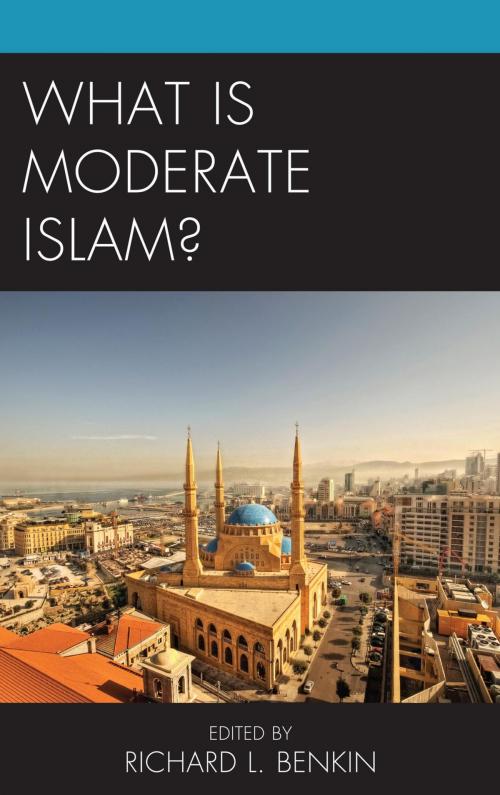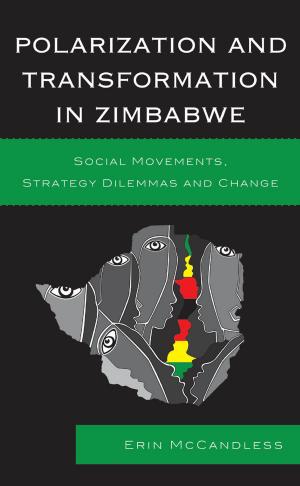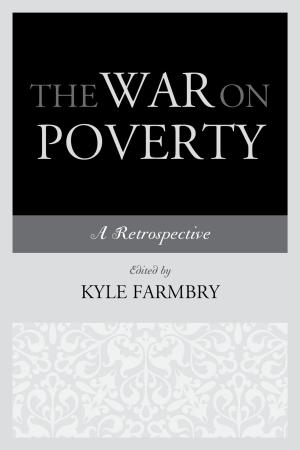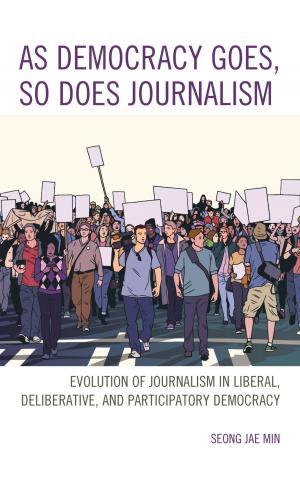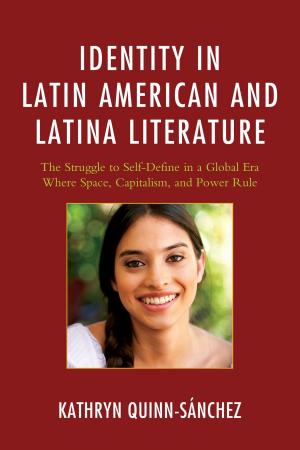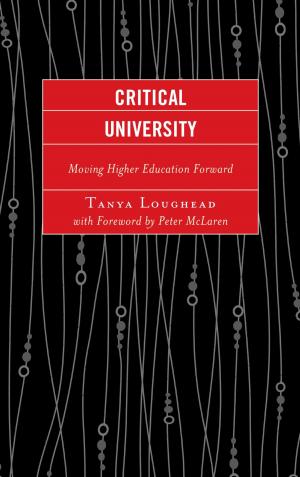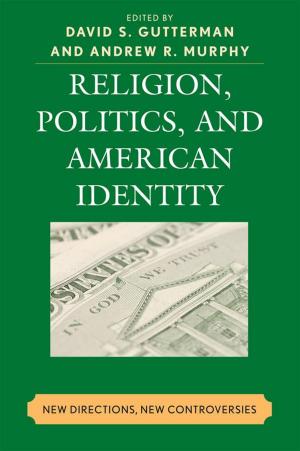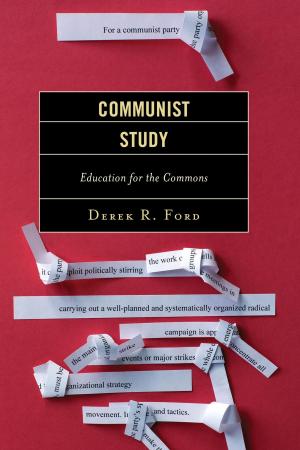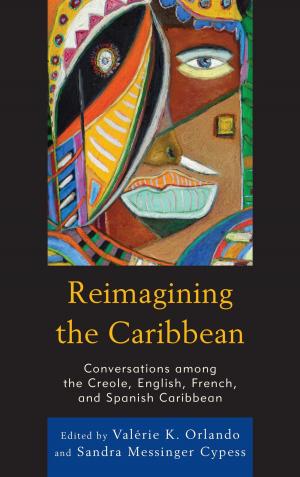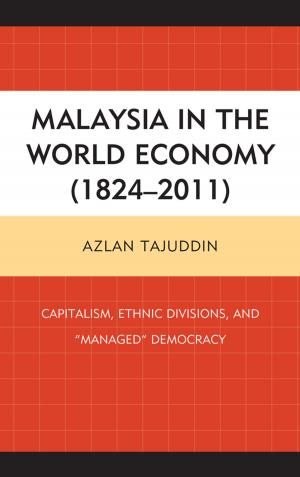What Is Moderate Islam?
Nonfiction, History, Asian, India, Religion & Spirituality, Middle East Religions, Islam, Social & Cultural Studies, Political Science| Author: | Navras Jaat Aafreedi, Anonymous, Aziz Baloch, Meerain Baloch, Richard L. Benkin, Naseer Dashti, Umar Duad Khattak, Sunil Kukreja, Daniel Pipes, Amitabh Tripathi, Kulbhushan Warikoo | ISBN: | 9781498537421 |
| Publisher: | Lexington Books | Publication: | April 12, 2017 |
| Imprint: | Lexington Books | Language: | English |
| Author: | Navras Jaat Aafreedi, Anonymous, Aziz Baloch, Meerain Baloch, Richard L. Benkin, Naseer Dashti, Umar Duad Khattak, Sunil Kukreja, Daniel Pipes, Amitabh Tripathi, Kulbhushan Warikoo |
| ISBN: | 9781498537421 |
| Publisher: | Lexington Books |
| Publication: | April 12, 2017 |
| Imprint: | Lexington Books |
| Language: | English |
Radical Islam is a major affliction of the contemporary world. Each year, radical Islamists carry out terrorist attacks that result in a massive death toll, almost all involving noncombatants and innocents. Estimates of how many Muslims could be considered followers of radical Islam vary widely, and there are few guides to help determine moderates versus radicals. Observers often sit at the extremes, either seeing all Muslims as open or closeted jihadis or recoiling from any attempt to link Islam with international terror. Both positions are overly simplistic, and the lack of rational principles to absolve the innocent and identify the accomplices of terror has led to governments and individuals mistakenly accepting jihadis as moderate. What is Moderate Islam? brings together an array of scholars—Muslims and non-Muslims—to provide this missing insight. This wide-ranging collection examines the relationship among Islam, civil society, and the state. The contributors—including both Muslims and non-Muslims—investigate how radical Islamists can be distinguished from moderate Muslims, analyze the potential for moderate Islamic governance, and challenge monolithic conceptions of Islam.
Radical Islam is a major affliction of the contemporary world. Each year, radical Islamists carry out terrorist attacks that result in a massive death toll, almost all involving noncombatants and innocents. Estimates of how many Muslims could be considered followers of radical Islam vary widely, and there are few guides to help determine moderates versus radicals. Observers often sit at the extremes, either seeing all Muslims as open or closeted jihadis or recoiling from any attempt to link Islam with international terror. Both positions are overly simplistic, and the lack of rational principles to absolve the innocent and identify the accomplices of terror has led to governments and individuals mistakenly accepting jihadis as moderate. What is Moderate Islam? brings together an array of scholars—Muslims and non-Muslims—to provide this missing insight. This wide-ranging collection examines the relationship among Islam, civil society, and the state. The contributors—including both Muslims and non-Muslims—investigate how radical Islamists can be distinguished from moderate Muslims, analyze the potential for moderate Islamic governance, and challenge monolithic conceptions of Islam.
